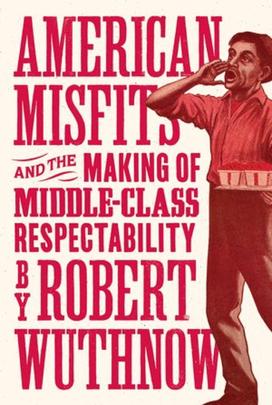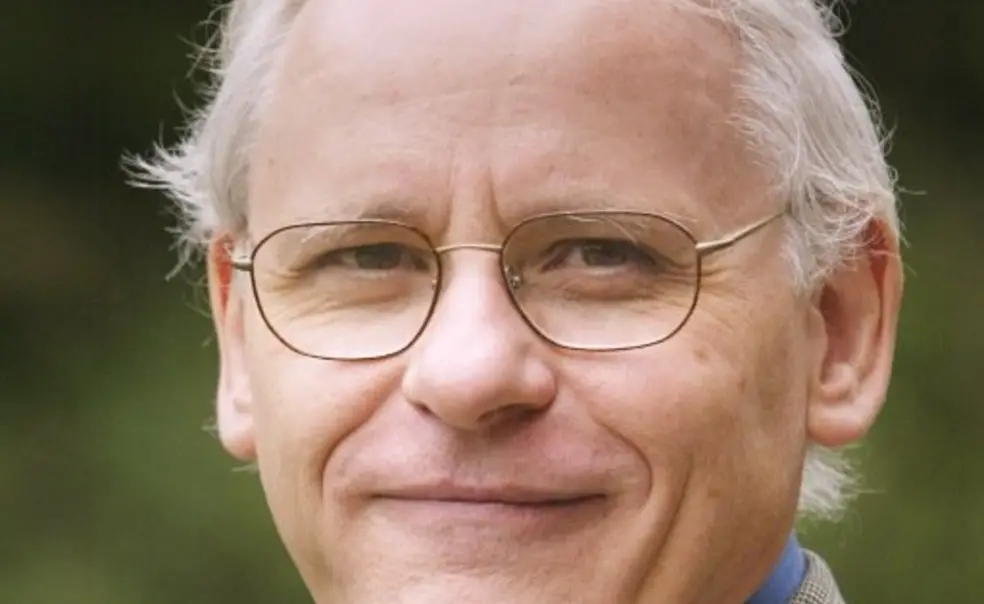Robert Wuthnow Redefines American Respectability

The book: The quest for middle-class respectability in 19th-century America is usually portrayed as the middle class adopting values like honesty, hard work, independence, and cultural refinement. But in American Misfits and the Making of Middle-Class Respectability (Princeton University Press), Robert Wuthnow argues against that, claiming that the people who were considered outcasts or misfits provided an important contrast to respectability, clarifying the term.
Wuthnow shows readers the lives of some of these misfits, from the freed slaves and white people who created a community called Zion in the New Jersey woods, to a woman who raised her family alone while her husband was institutionalized, to religious immigrants accused of sedition, and how understanding them is necessary to understand the “othering” that Americans have done since the 19th century and continue to do in culture and politics today.
The author: Robert Wuthnow is the Andlinger professor of social sciences at Princeton and has written extensively about American culture and society, including Red State Religion: Faith and Politics in America’s Heartland (Princeton University Press) and Rough Country: How Texas Became America’s Most Powerful Bible-Belt State (Princeton University Press).
Opening lines: “Legend has it that sometime in the late eighteenth century a freed slave, manumitted at the death of his owner, married a white woman and together they settled in a remote wooded area somewhere between Philadelphia and New York. They were joined a few years later by several other freed slaves and white people who together formed a small community where they could eke out a modest living. They called the community Zion.
Like many legends, the story’s details are not entirely accurate. The freed slave, whose name most likely was Will, did not settle there until 1807. He was not manumitted by his owner, the Reverend Oliver Hart, died in 1795, but eleven years later when he turned twenty-five … Some white people did join them, but it was not until later that the community became known as Zion … The freed slaves and the white people who joined them came to Zion because it was a ‘safe haven from the world,’ whoever wrote the history explained, a world ‘in which they would have been deemed misfits.’”
Reviews: “This is an outstanding book―impressively researched, boldly argued with interdisciplinary breadth, and innovative in the way it depicts the middle-class American dream as perpetually fleeting and tenuous.” – Darren Dochuk, University of Notre Dame












No responses yet